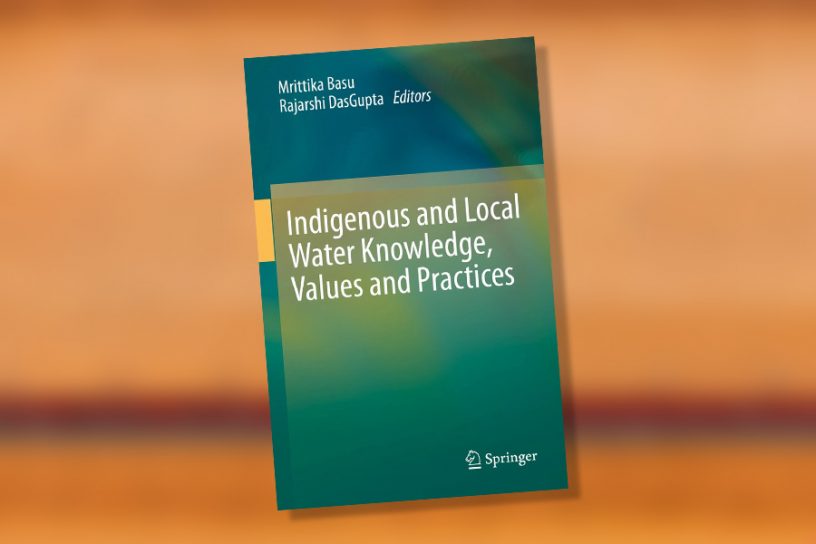
Pond management systems are one of the resource effective and cost efficient tools to address the issue of water security, household food security and augment economic conditions.
Authors
Abhiroop Chowdhury, Professor, Jindal School of Environment and Sustainability, O.P. Jindal Global University, Sonipat, Haryana, India; Tagore Society for Rural Development, Kolkata, West Bengal, India.
Raghav Prakash, Jindal School of Liberal Arts and Humanities, O.P. Jindal Global University, Sonipat, Haryana, India.
Santanu Bhattacharyya, Tagore Society for Rural Development, Kolkata, West Bengal, India.
Aliya Naz, Assistant Professor, Jindal School of Liberal Arts and Humanities, O.P. Jindal Global University, Sonipat, Haryana, India; Tagore Society for Rural Development, Kolkata, West Bengal, India.
Summary
Ecological knowledge plays a fundamental role in defining water conservation practices. Due to climate change and sea level rise, coastal aquifers are under salinity intrusion threat. In developing nations across the globe, coastal communities are dependent on groundwater for irrigation and drinking purposes. This chapter looks into the water harvesting methods used by local communities and their utility in augmenting livelihood systems of local communities.
The Indian Sundarbans is the world’s largest contiguous mangrove forest, which is home to about 4.6 million population along with mangrove dwelling tigers. Unlike other forest areas, the Sundarbans do not have an indigenous population. The settlements in the Sundarbans can be traced back to the British colonial period (1905). They brought with them their traditional water harvesting systems. Household ponds are an essential part of the Sundarbans. Most of the landed farmers favours maintaining at least one small pond in their backyard.
Pond management systems are one of the resource effective and cost efficient tools to address the issue of water security, household food security and augment economic conditions. Additionally, it retains the monsoon precipitation, eventually recharging the groundwater and ameliorating the salinity intrusion threat. A socio-environmental project at 2017–2020 has commissioned 139 old pond re-excavations and 42 new pond excavations at the Indian Sundarbans.
Baseline data on water quality when compared with post re-excavation results showed a drop in salinity (37%) in the groundwater levels near the pond sites along with providing water security for integrative farming methods. This proves that the local pond management system can play a prominent role in managing the salinity intrusion threat in coastal regions as well as play a key role in achieving the UN Sustainable development Goals (SDGs) in the remote, socio-economically marginalized coastal regions across the globe.
Published in: Basu, M., DasGupta, R. (eds) Indigenous and Local Water Knowledge, Values and Practices. Springer, Singapore.
To read the full chapter, please click here.


